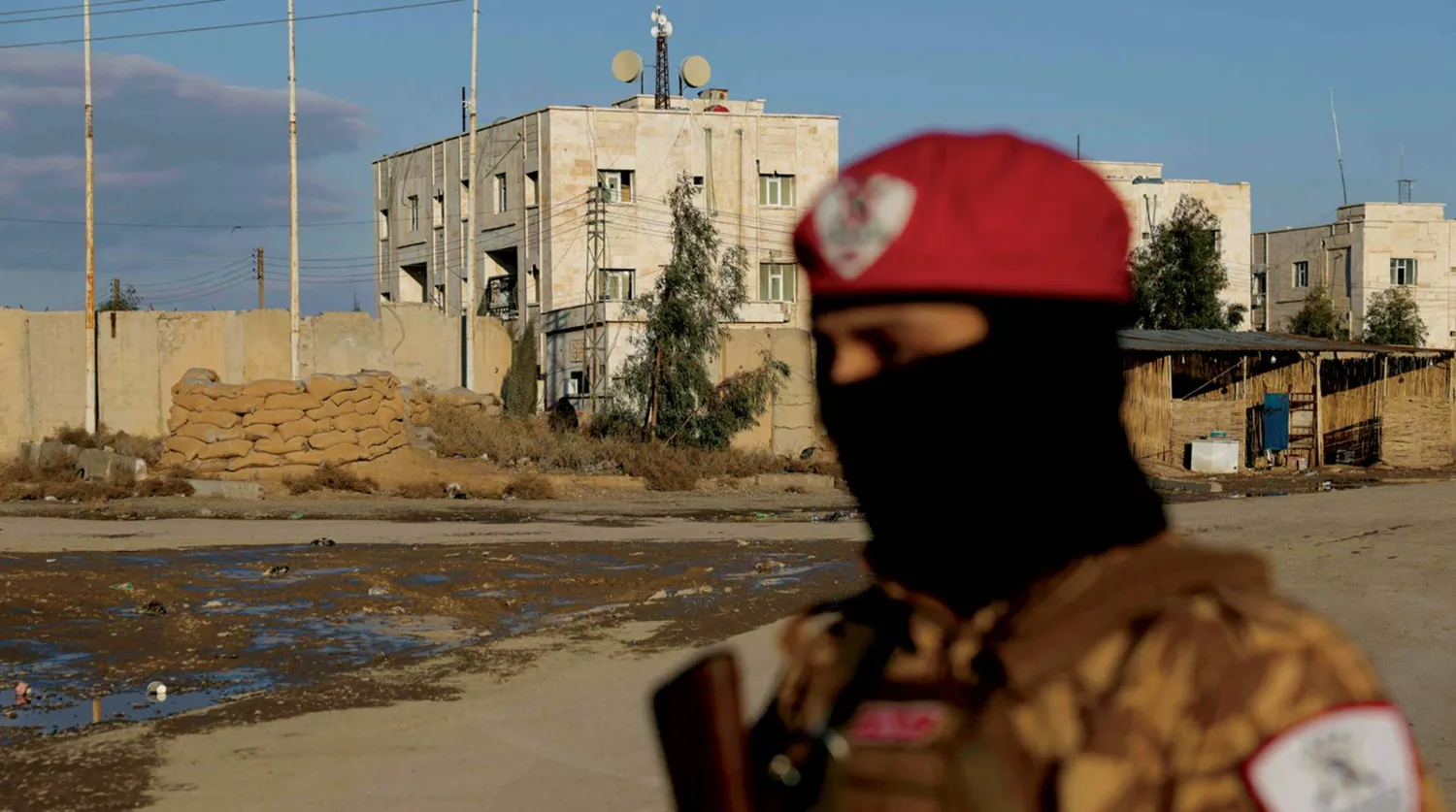News has been confirmed on Israel’s bombing of Iranian weapons and missile warehouses in Iraq three times over the past few weeks thanks to a US-Russian understanding.
The understanding stipulates that “Israel’s security is a priority as well as pursuing Iran in Iraq and Syria,” according to Western diplomatic sources.
The sources told Asharq Al-Awsat that the understanding stresses that Tel Aviv should not officially declare its raids, in order to control regional tension.
A weapons depot belonging to the Popular Mobilization Forces (PMF) at al-Balad military base in Saladin province was rocked by explosions on Tuesday night, leaving the base engulfed in flames, Iraqi media reported.
Tel Aviv’s willingness to target Tehran’s ballistic missile sites and warehouses in Iraq dates back to mid-2018, coinciding with dozens of raids against Iranian bases in Syria.
The first sign was detected in June 2018, when Israel targeted an Iranian site eastern Syria, near the borders with Iraq, according to sources.
Last year, Western countries were being informed of Israel’s political decision to “expand its pursuing operations of Iran from Syria to Iraq.”
However, there were three obstacles facing this decision.
The first obstacle was Washington’s concern about the impact on the US presence in Iraq, the war against ISIS, and the future of Iraq's political scene.
The second obstacle was the tension between Moscow and Tel Aviv after anti-Syrian aircraft hit a Russian aircraft during Israel's bombing of west Syria in September 2018.
While the third obstacle was the military potential and its connection with the readiness of F-35 fighter jets.
By mid-2019, the process of implementing the political decision had begun, and Israeli Air Force commander Amikam Norkin announced in May that Israel is the first to use the US-made F-35 jets in combat operations after their country of origin.
This announcement was made few weeks after the airstrikes carried out by Israeli aircraft on several locations inside Syria, reportedly Iranian.
“Israeli F-35 fighter jets fly throughout the Middle East, and we are the first to use them in combats,” he said.
This coincided with Israeli Prime Minister Benjamin Netanyahu’s visit to Russia during which he was scheduled to meet President Vladimir Putin in order to establish military re-coordination in Syria and reduce tension, following the downing of the Russian plane over the Mediterranean.
This coordination lies in operating the hotline between Tel Aviv and the Hmeimim base and obtaining Russian assurances that the developed S-300 missile system, which arrived in Syria after the downing of the Russian plane, would not be operated.
Meanwhile, the major step was Putin's agreement to hold a tripartite meeting in West Jerusalem, including White House national security adviser John Bolton, Israeli national security adviser Meir Ben-Shabbat, and secretary of the Russian Security Council Nikolai Patrushev, late June.
According to Western diplomatic sources, the meeting was “symbolic and a translation of the outcomes of the summits held between Putin and US President Donald Trump, giving priority to Israel's security in Syria and Iraq, with the continued Russian presence and the possibility of a US withdrawal from the region.”
They added that Washington had provided the “green light” for this step within the policy of maximum pressure on Iran, without affecting its current presence in Iraq, in addition to the possibility of operational coordination between the US and Israel due to the US presence in Iraq.
As a result, Israel’s targeting has moved to a new level in Syria, including Iraq.









